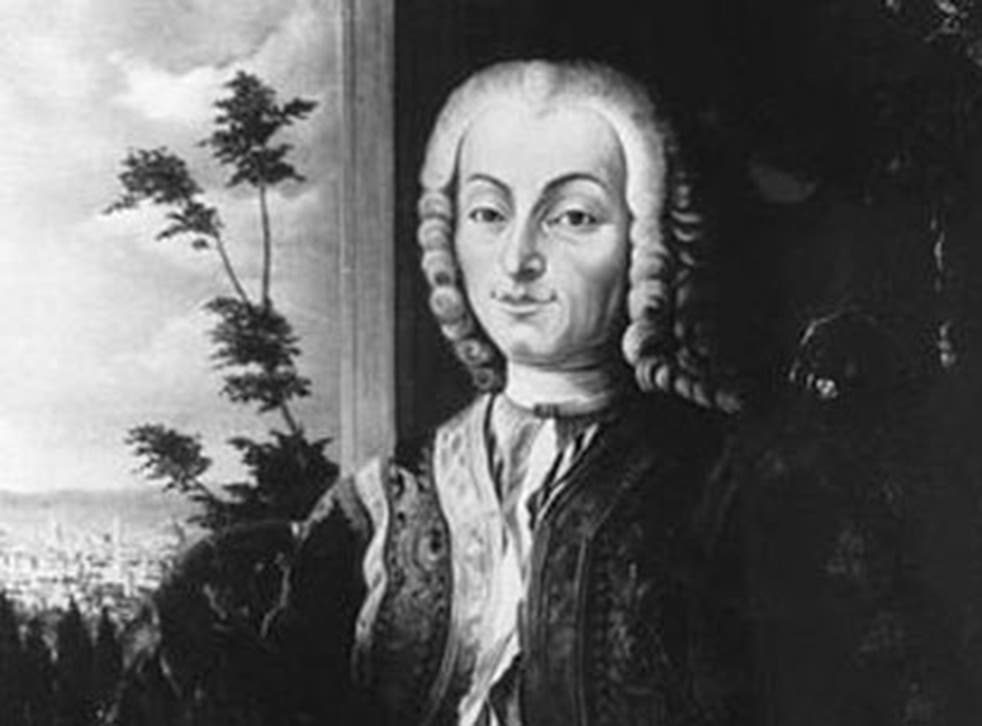The Story of Piano

This is the story of the birth and rise of the most popular instrument in our planet's history; the piano.
Back in the late 1600's, people were growing desperate for a new sound that would stir their souls, a tool to help them express the otherwise inexpressible. For centuries only 2 instrument's had been around; a harpsichord, and an organ. Both of these instruments are incredibly limited in terms of artistic expression; each key only played one tone (tone = the quality and strength of a sound), meaning that there was no variety whatsoever. It is from this that we get the word 'monotonous' (mono = one, tonus = tone/sound), and means BORING! Imagine a painting with just one colour, one paint, and one brush stroke. The world lacked expression!

One man, Bartolomeo Cristofori (1655-1731), felt this longing deeply. He was a harpsichord maker in the city of Florence, Italy, and he had been experimenting with ways to improve the instrument for years. He was employed by the Grand Prince Ferdinando de' Medici - an avid music lover - and it was in this position that Cristofori began to experiment with new ways of creating sounds on a keyboard. He was searching for something that could allow for a breakthrough in artistic expression.
He knew that the problem with the harpsichord was that it could only play at one volume level, with no way for the musician to create a dynamic range of louds and softs. He also knew that the harpsichord's plucking mechanism was limiting, and that it was impossible to create a long, sustained note, and the tone was the exact same everytime.
After decades of failure, finally, in the year 1709, he had a breakthrough. He had developed an instrument that used touch-sensitive keys, linked to a hammer mechanism to strike the strings, allowing for a much greater range of expression and dynamics, as one could now vary the volume and tone of the sound based on how hard the keys were pressed. This new instrument also had a soft pedal and a sustain pedal, which allowed the musician to control the length of the note, and to play with even greater variety of volume and tone.
Cristofori called this new instrument a "piano-forte," which literally meant "soft-loud" in Italian. The shortened version of this is where we get the name 'piano' today. The incredible power of this new instrument swept through cultures, and within 20 years, the piano-forte became the most popular instrument in the world.
The invention of the piano revolutionized the way music was created and played, opening up new possibilities for musical expression and innovation. With the invention of the piano, composers were now free to explore new avenues of creativity, creating pieces that were more emotional, complex, and dynamic than ever before. Early adopters of the instrument because the pioneers of the classical era, with Mozart, Beethoven, and Chopin writing some of the most iconic pieces of music ever composed, and in doing so, forming the foundation of all modern western music, which derives directly from their work. Today, the piano (and now keyboard) remains the single most vital cornerstone of modern musical culture. It is an instrument that transcends genre and style, at the beating heart of all music, from classical to jazz, pop to rock, country to EDM, and beyond.

Go in any recording studio in the world, and you will see a keyboard sitting in front of a screen. Through this keyboard, linked with the computer, unlimited sounds can be produced, and multiple layers of sound can be played at once, as all 10 of the artist's fingers and both feet are able to be used at once. It is the ultimate tool of human-artistic expression, and the foundational songwriting and music production tool.
In addition to its artistic significance, the piano has also had a profound impact on society as a whole. It has played a role in shaping cultural and political movements, from the classical music of the Enlightenment to the protest songs of the Civil Rights era. The piano has also been an important tool for socialization, bringing people together to make music and share in a common experience.
The piano has endured for centuries, and its legacy continues to be felt in the world of music and beyond. Its ability to convey emotion, to tell a story, and to connect people through sound is as relevant today as it was when it was first invented. The piano remains a testament to the power of human creativity and ingenuity, and its influence on the world of music will continue to be felt for generations to come.
The piano is the father of all modern music, an entire universe available to the fingertips of those who give themselves the gift of it's power.
All thanks to the persistence and innovation of Bartolomeo Cristofori, and the countless artists who have followed from his invention, each of whom dared to further Cristofori's original dream of a world filled with music powerful enough to stir the souls of an entire cultures and generations alike.

